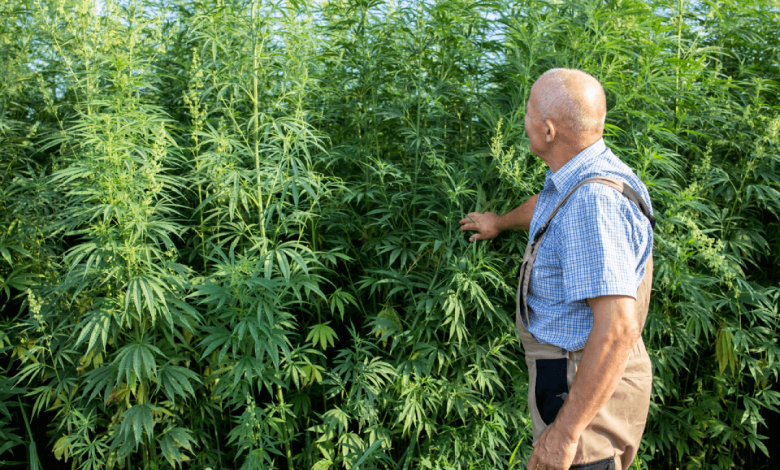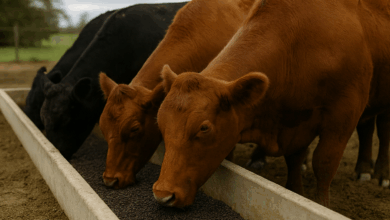WSU Launches $5M Study on Hemp Rotations & Biochar for Soil Health
Washington State University investigates how hemp crop rotations and biochar applications improve soil health, boost yields, and enhance sustainability.

Washington State University (WSU) has embarked on a six-year, $5 million research project to explore the combined effects of hemp crop rotations and biochar applications on soil health and agricultural productivity. Funded by the U.S. Department of Energy, this study aims to develop sustainable farming practices that enhance crop yields, improve soil quality, and contribute to carbon sequestration.
Research Objectives and Methodology
Led by Professor David Gang, a fellow at WSU’s Institute of Biological Chemistry and head of the Center for Cannabis Policy, Research, and Outreach (CCPRO), the project focuses on integrating biochar—a carbon-rich material derived from partially burned plant matter—and hemp into traditional crop rotation systems. The research will assess how different biochar formulations, ranging from fine powders to coarse granules, influence soil properties and plant growth.
The study will be conducted across various regions in Washington State, including collaborations with the Confederated Tribes and Bands of the Yakama Nation, the Confederated Tribes of the Colville Reservation, and a private grower in Tekoa, Washington. These partners will apply various biochar formulations to their lands, allowing researchers to evaluate the impact on soil health and crop performance in diverse environmental conditions.
The Role of Hemp and Biochar in Soil Enhancement
Hemp is recognized for its deep root system, which can improve soil structure and nutrient availability for subsequent crops. When used in crop rotations, hemp can enhance soil fertility and reduce the need for synthetic fertilizers. Biochar, produced through the pyrolysis of organic materials like wood waste, is known to improve soil pH, moisture retention, and provide a habitat for beneficial soil microbes. Additionally, biochar sequesters carbon, thereby contributing to climate change mitigation efforts.
Innovative Soil Carbon Measurement
A key component of the project is the development of a novel soil spectrometer probe by the commercial partner Yard Stick PBC. This technology aims to facilitate real-time soil analysis, enabling precise measurement of soil carbon levels and other critical parameters. Such advancements are expected to enhance the accuracy of soil health assessments and inform better land management decisions.
Implications for Sustainable Agriculture
By integrating hemp rotations and biochar applications, the research seeks to identify sustainable farming practices that can reduce reliance on traditional fertilizers, improve environmental outcomes, and increase profitability for farmers. The findings from this study could lead to widespread adoption of these practices, promoting regenerative agriculture and contributing to global efforts in combating climate change.
This initiative exemplifies WSU’s commitment to advancing agricultural sustainability through innovative research and collaboration with diverse stakeholders.



